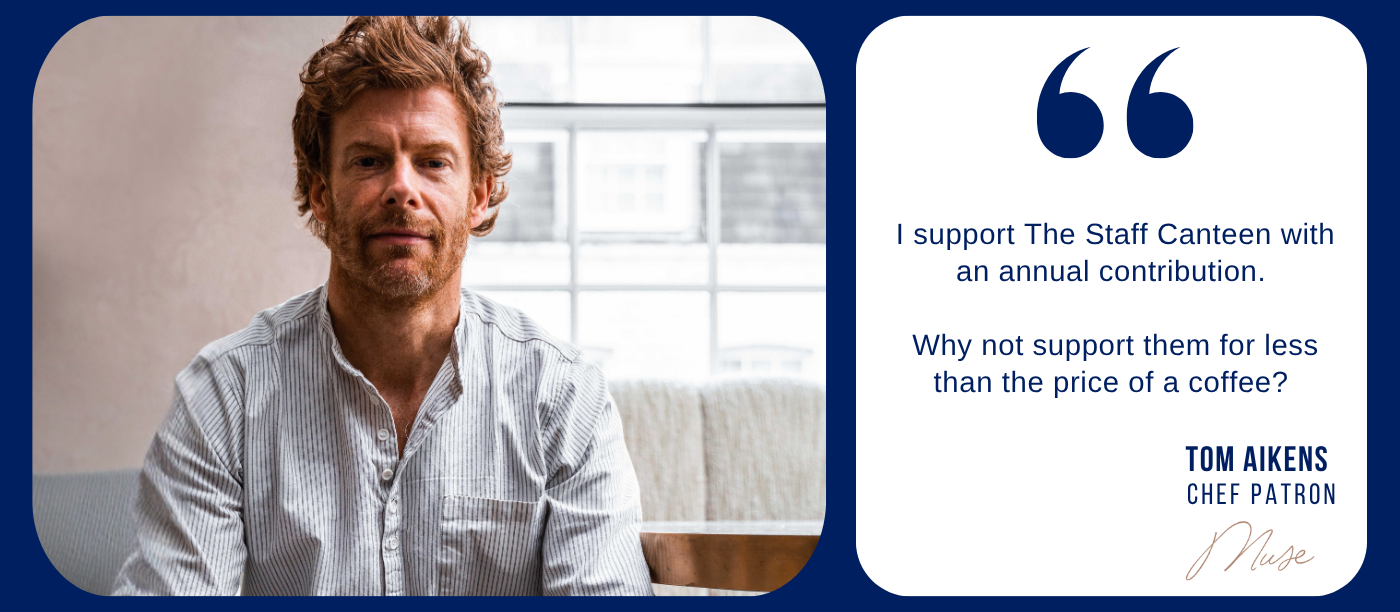the restaurant? 
There’s a cured brill recipe in the book which will go on the menu at the restaurant as soon as the peas are good enough; there’s also a recipe in the raw chapter – the raw queen scallops, which was on the two-star menu and that’s not changed at all for the book which just shows you that a lot of my food is about the actual sourcing of the ingredients and the technique. I don’t go too complicated even at the two-star restaurant; it’s much more about unique ingredients.
What makes Nathan Outlaw’s Fish Kitchen different from other cookery books?
I’ve actually cooked and edited every recipe myself. Nobody else, no home economist or anybody like that is involved. I’ve done everything so that I have the peace of mind that I know it works, which I did with the first book as well. It does take a lot more time from my point of view but it does give you peace of mind that they work.
Where did you actually cook the dishes for the book?
I cooked a lot of them in my kitchen at home and some at the restaurant as well, then literally, the photographer, David Loftus, took the picture as soon as I’d finished cooking it, so everything you see in the pictures is real-life hot or cold as it should be.
 Is writing a cookbook something you actually enjoy doing or does it feel a bit like homework?
Is writing a cookbook something you actually enjoy doing or does it feel a bit like homework?
No, I really enjoy writing; when I’m an old man and my chef’s knees give out, I’ll have to have something to do, so hopefully I’ll get a chance to write about what I’ve been doing. Hopefully I’ll get a chance to write another one after this; to be honest with you, I’ve probably got enough ideas to do a couple more.
What are the bits you enjoy most about writing and which bits less so?
I think the fact that you have deadlines and meeting those is sometimes a bit of a negative – I missed every deadline! But I think publishers are pretty much used to that from chefs. The fun bit is cooking 80 dishes in four days off the cuff!
 In the book you mention how the mackerel cured in cucumber and oyster sauce came about by a lucky accident when the oyster sauce got spilled over the mackerel in the fridge; is that kind of ability to adapt to circumstances a strong element of your creativity?
In the book you mention how the mackerel cured in cucumber and oyster sauce came about by a lucky accident when the oyster sauce got spilled over the mackerel in the fridge; is that kind of ability to adapt to circumstances a strong element of your creativity?
I would say that probably 50 per cent of what I know has been from mistakes. Everyone makes mistakes; they might not admit it, but they do. I always say to the guys: “Your only mistake is doing it twice.” With the mackerel in oyster sauce that was just one of the moments where something magical happens from a genuine mistake. I did really go off on one at the time though!
You mentioned that you’ve got lots of ideas for books still in you; what are some of those ideas?
I've still got lots of ideas for more books. Like last time, there's dishes I'd have liked to include but there wasn't enough room. Then there's the ideas I've thought of since I finished writing. That's the problem, the more I do the more I think up! Anyway, I don't think it would be a good idea to tell all in this interview, do you? You never know one of my chef mates might nick my ideas!
Don't forget we also have a live Q&A on Twitter with Nathan on the 20th May at 3pm. Tweet your questions to @Nathanoutlaw using the hashtag #asknathan and find out about his latest book or ask his advice on cooking fish. If you can't make it at 3pm then tweet us your questions and we'll ask Nathan for you. 
















